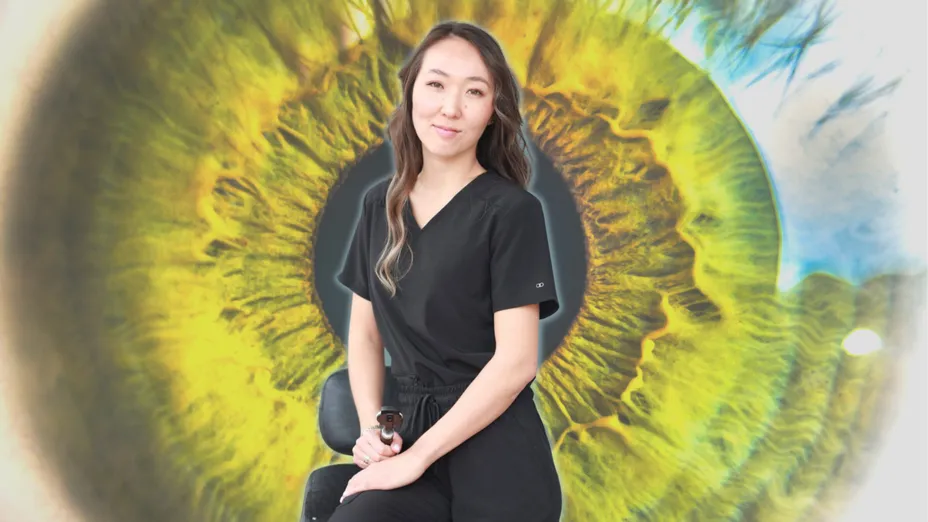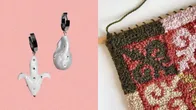Youth from small towns and villages often give up on their dreams of living the big city life due to their circumstances and lack of support. But that didn’t stop Assel Talaspayeva. In an interview with TengriMIX, she shared her 15-year-long journey coming from a small town in the Almaty region to living in New York where she works as an ophthalmologist.
Personal background
I come from a small town called Ushtobe in the Almaty Region. I graduated from Asfendiyarov Kazakh National Medical University and continued my internship and residency at the Kazakh Research Institute of Eye Diseases. Afterwards, I stayed to work there as an ophthalmologist.
Search for opportunities
I’ve always wanted to study abroad and was on a constant lookout for various overseas internships. I was interested in learning from the best in my field. One summer, I had the chance to visit the US on a holiday and learn more about the American health care system. I was impressed by the professionalism of doctors and the doctor-patient relationship. Laws and ethical codes for health workers protect both doctors and patients. That’s when I decided to learn English and work in the US.
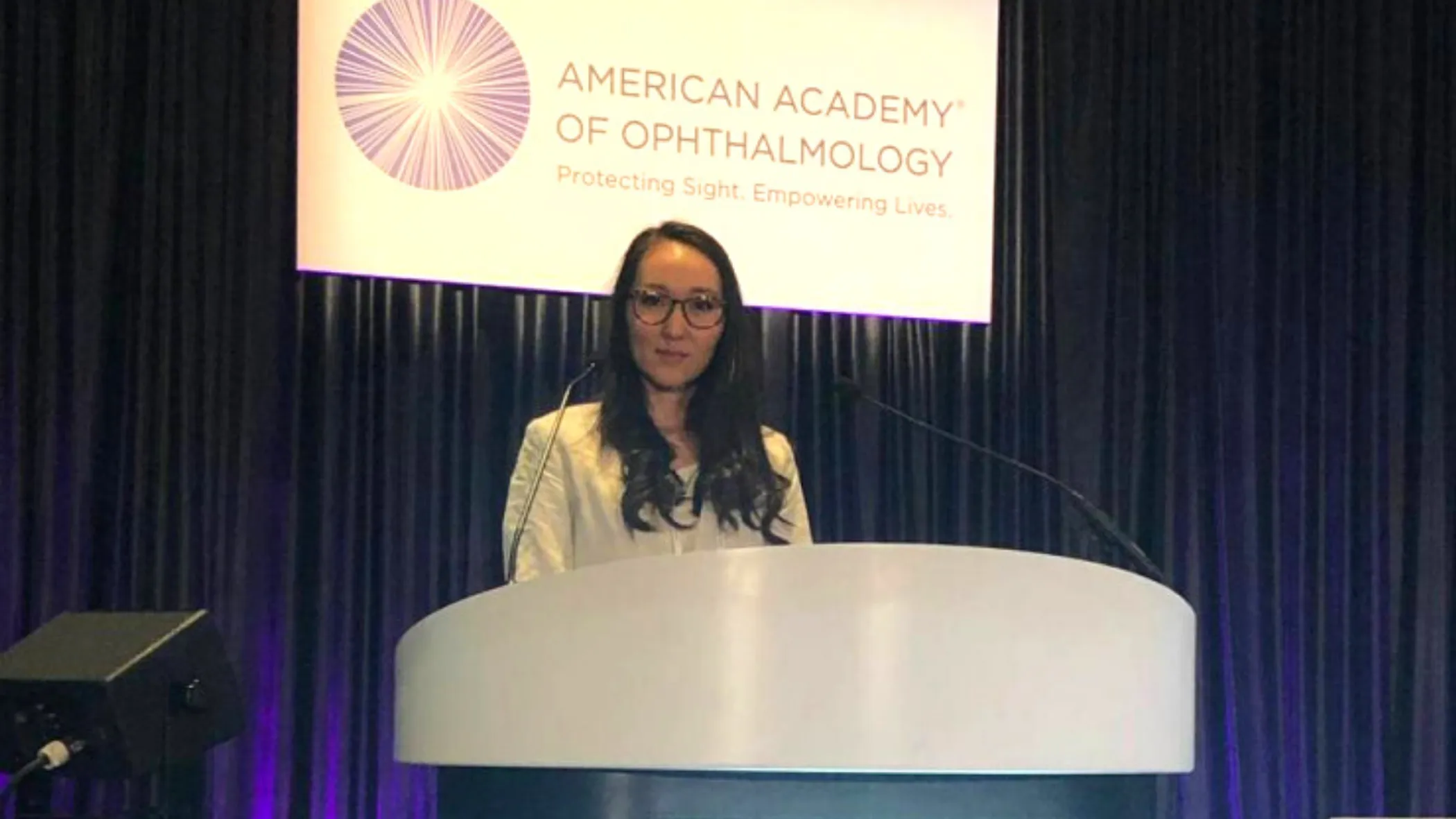
Research and conferences
During my residency, I started to engage more in research in the field of ophthalmology. The results of my studies were presented at large international conferences, like ARVO, where I became the first participant from Kazakhstan. A professor of ophthalmology from the US took interest in my work and offered a collaboration. We’ve been working together ever since. The best part about the conference was getting acquainted with people who had invented the complex medical equipment I worked with and the medical drugs I prescribed my patients every day!
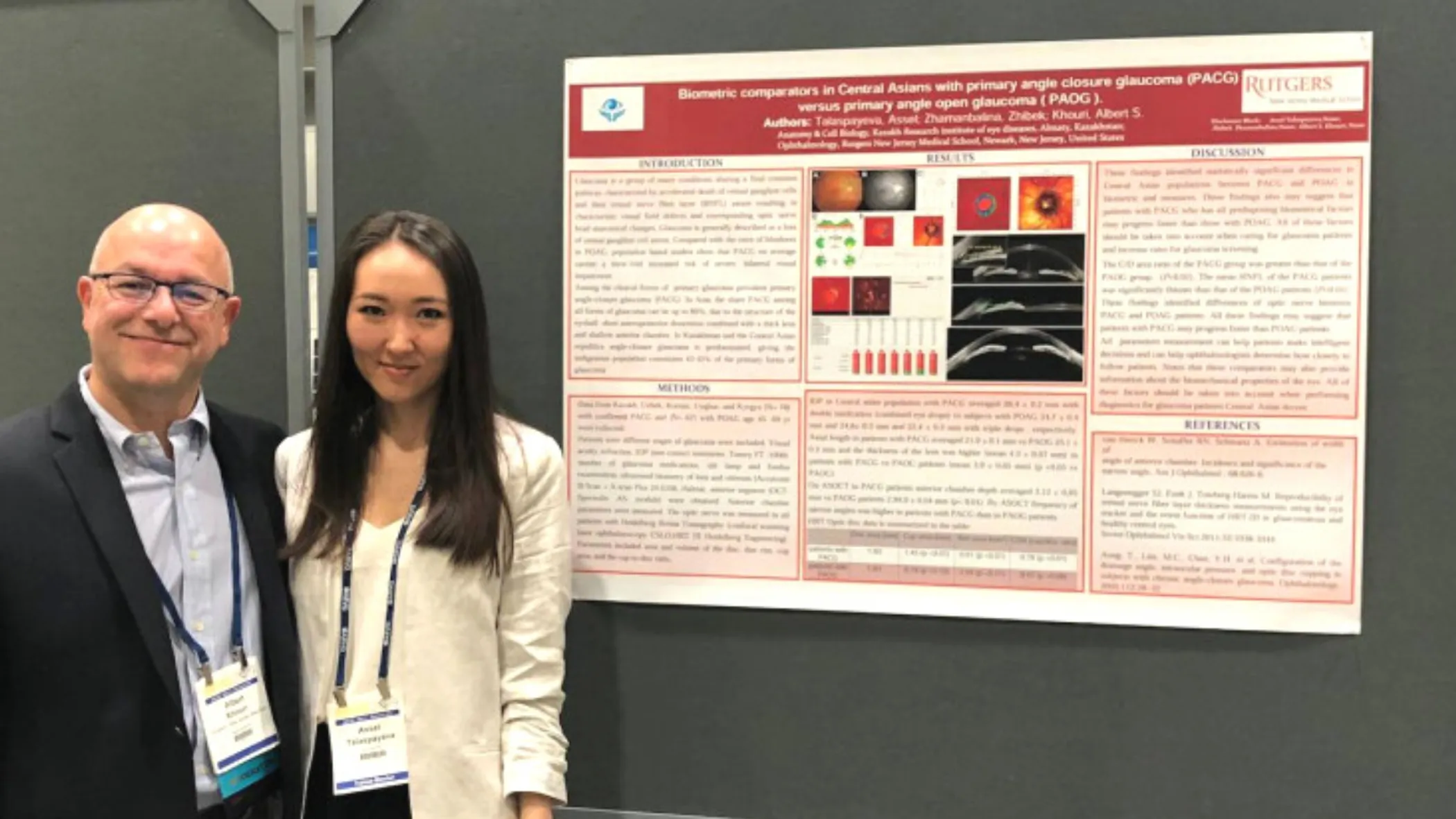
What it takes to become a doctor in the US
Having participated in numerous conferences, lab internships and hospitals at UCLA and Oxford University, I decided to move to the US to acquire valuable international experience.
In order to be allowed to work, foreign doctors must submit proof of their medical diplomas and pass three difficult exams. This discourages a lot of doctors, especially ones from the CIS countries. In 2018, I moved to New York and started my training at a special school for international doctors. The guest lecturers were famous doctors, whose patients were world-known celebrities.
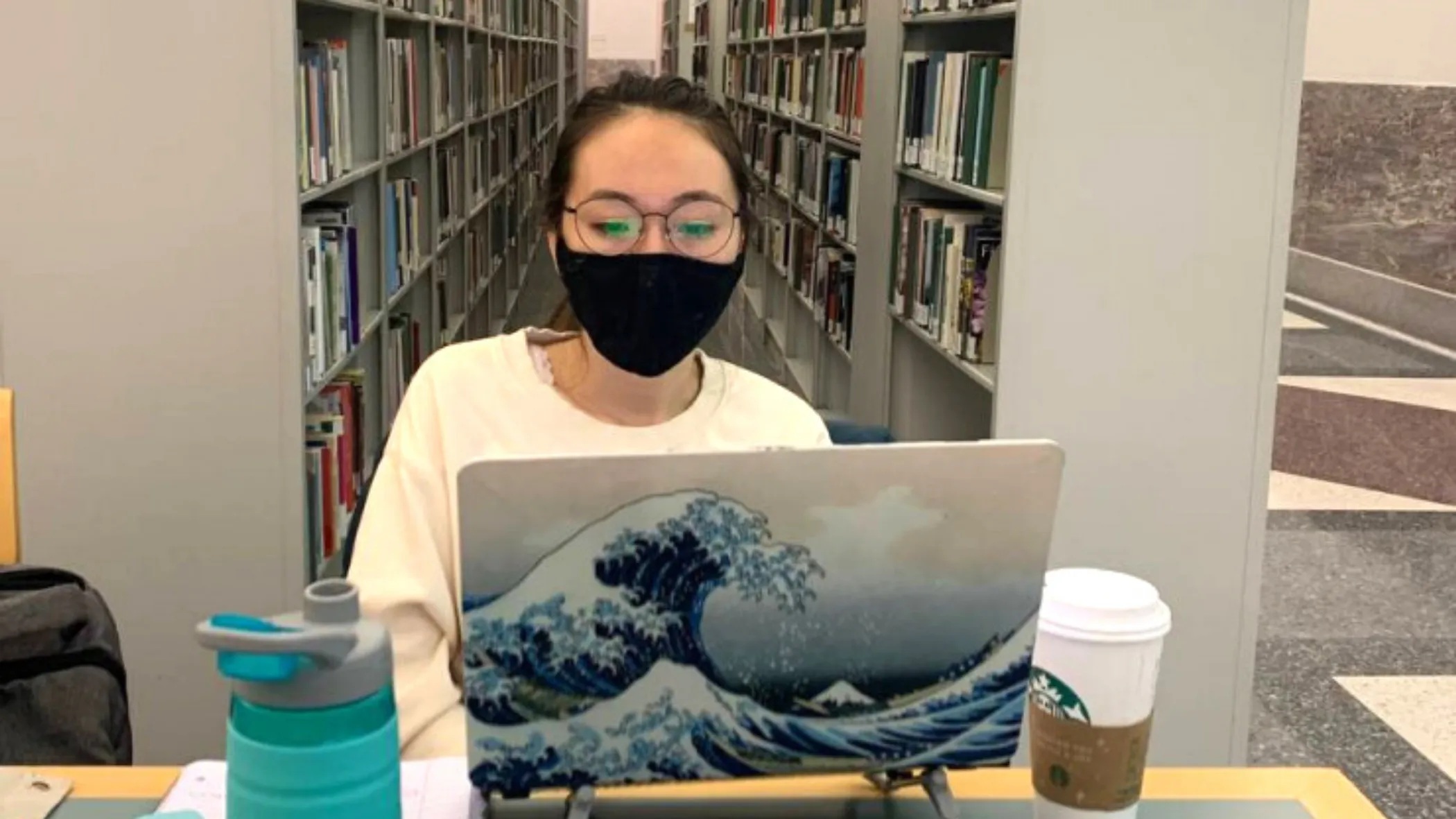
Studying 12 hours a day
Despite all challenges, I enjoyed the process. I had to relearn everything about medicine in English. Besides standard courses, I studied disciplines I had previously never heard about. I studied 12 hours a day, from 7 a.m. to 2 a.m., even on weekends.
Mock tests were extremely difficult and there were dozens of them. After failing a few times, I used to pack my suitcases in tears thinking I wouldn’t make it. I always unpacked afterwards and went to the library to study.
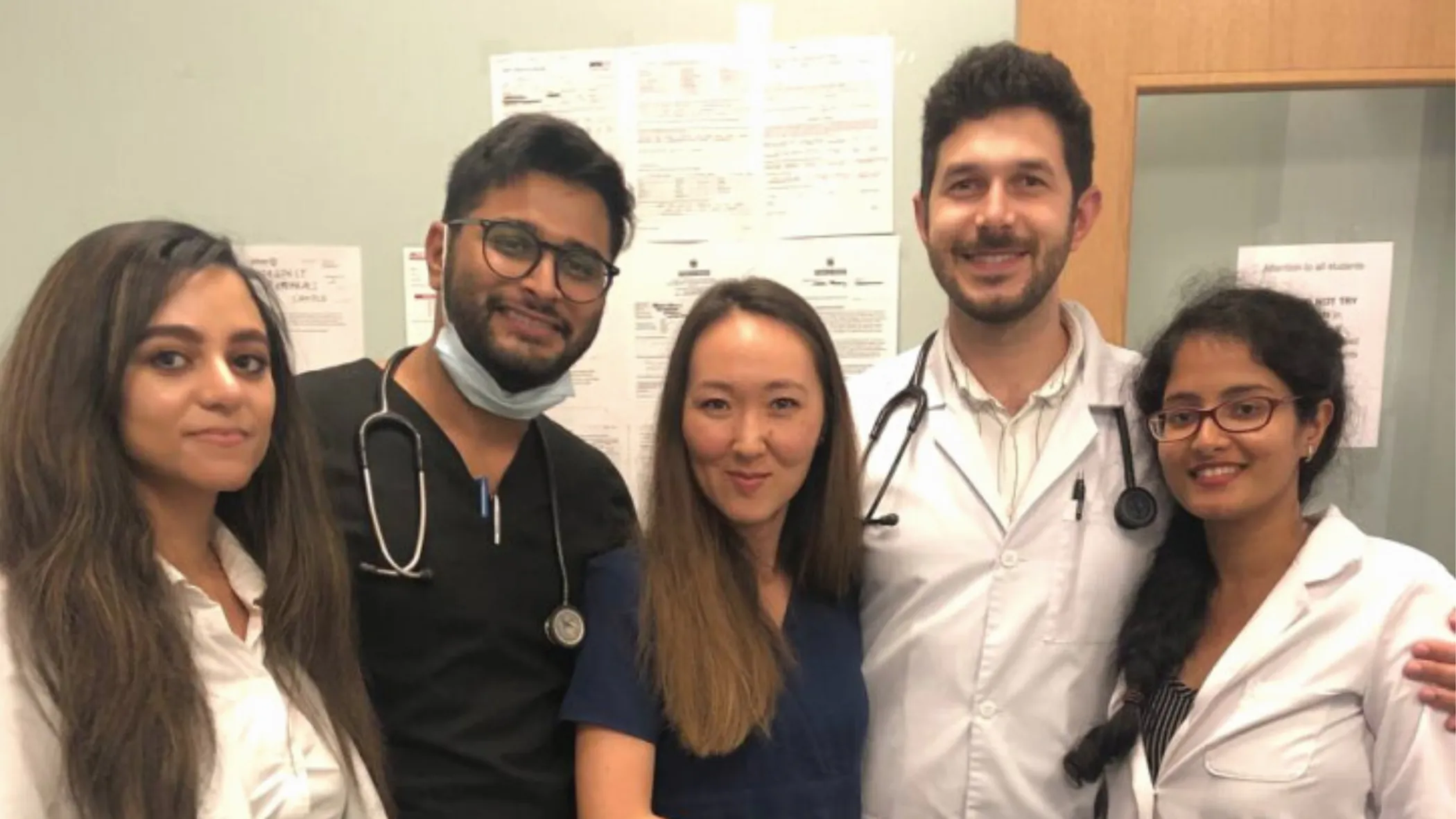
Interest from a Nobel prize-winner
Last year, I was able to get my diploma approved and received the long-awaited certificate of recognition. The journey was long with a lot of rough patches, but the support of my loved ones helped me get through it.
With the certificates, I had the chance to intern at the most famous ophthalmological clinics in the US. A few months ago, I got job offers from the best research labs in the clinics of Columbia University and New York University. My CV also caught the attention of the head of the lab, who is one of the authors of optical coherent technology, for which his team received the Nobel Prize. It was a great honor for me.
Never give up
Doing science is, of course, an exciting and rewarding endeavor, but I want to continue my career as a microsurgeon and do research at the same time. The moral of the story is: never give up on your dream, no matter what others think about it. No matter where you are from, what matters is hard work and achieving your goals!
